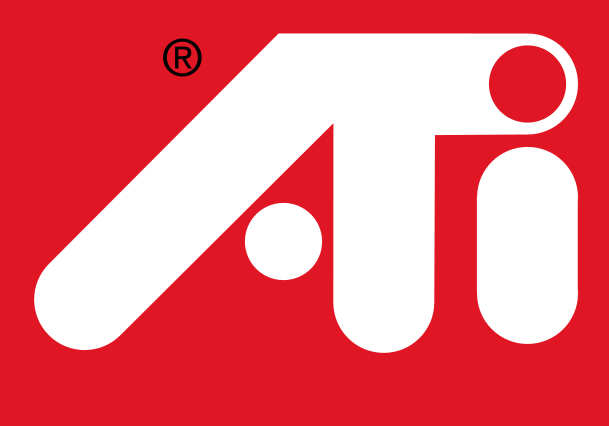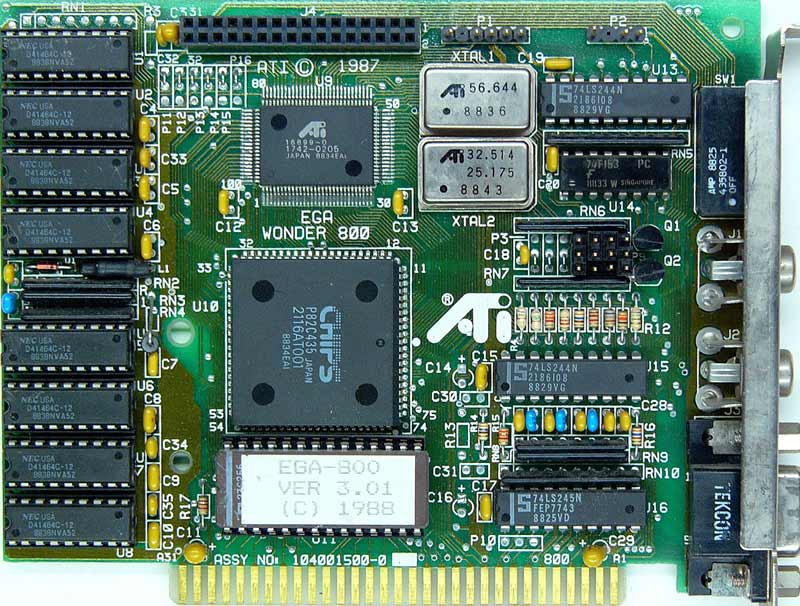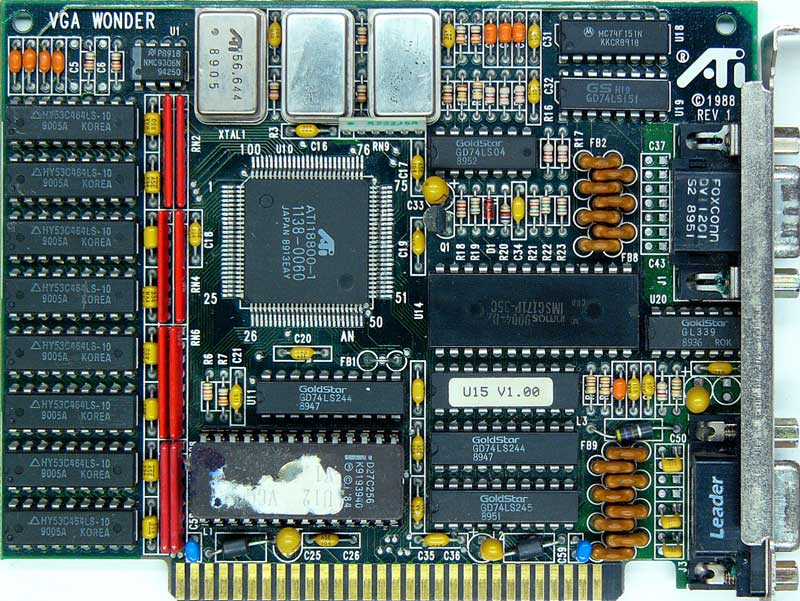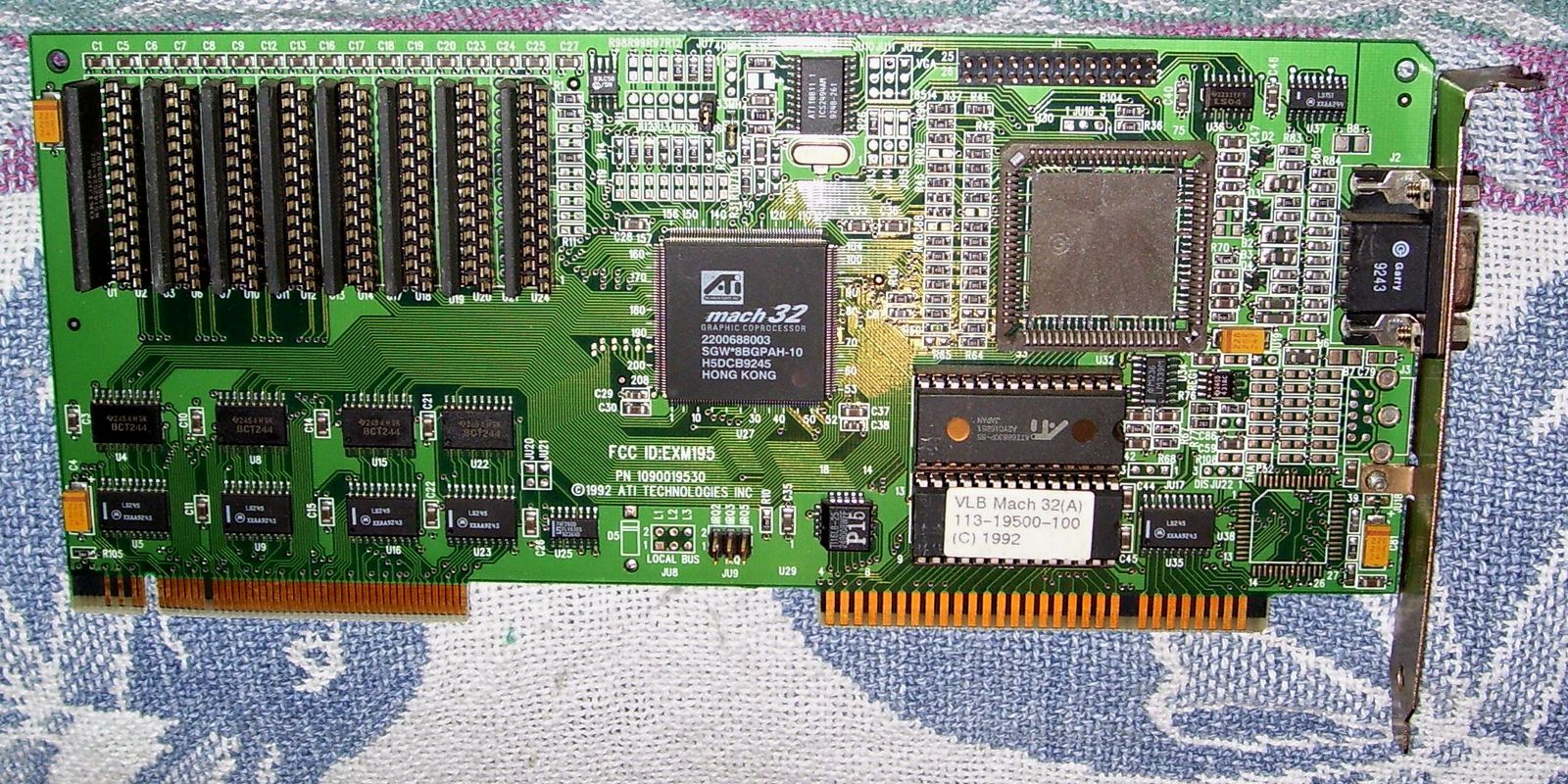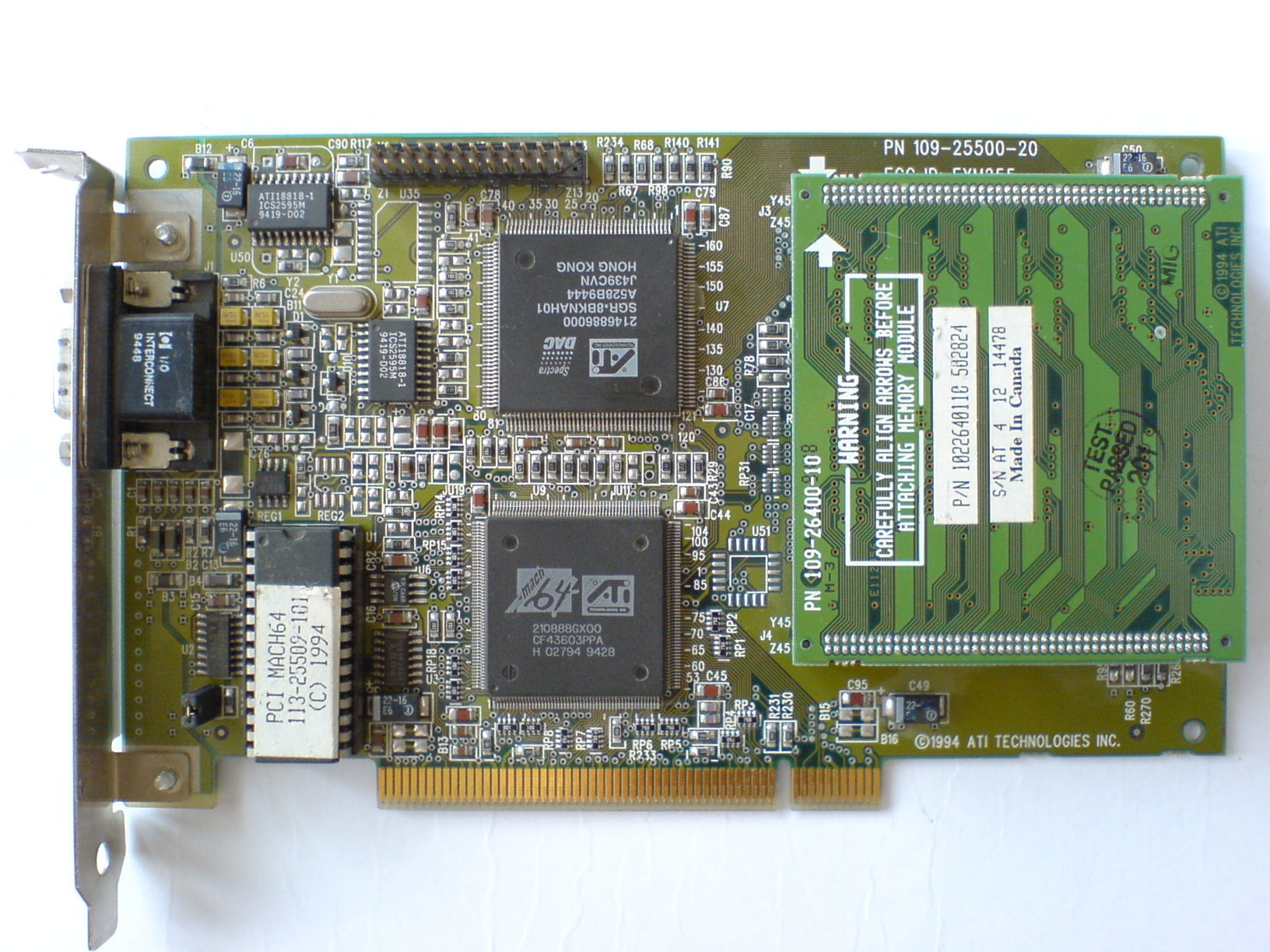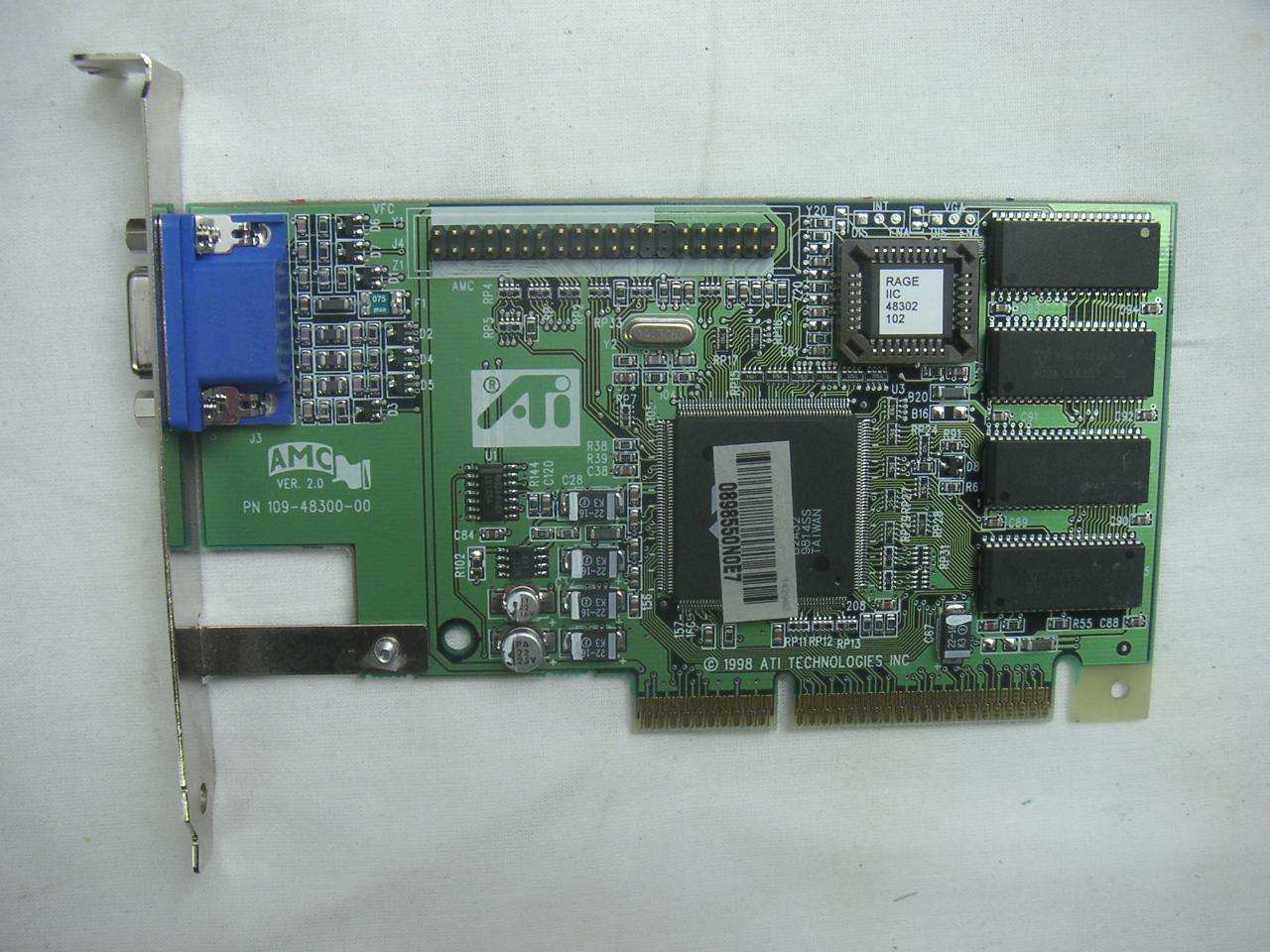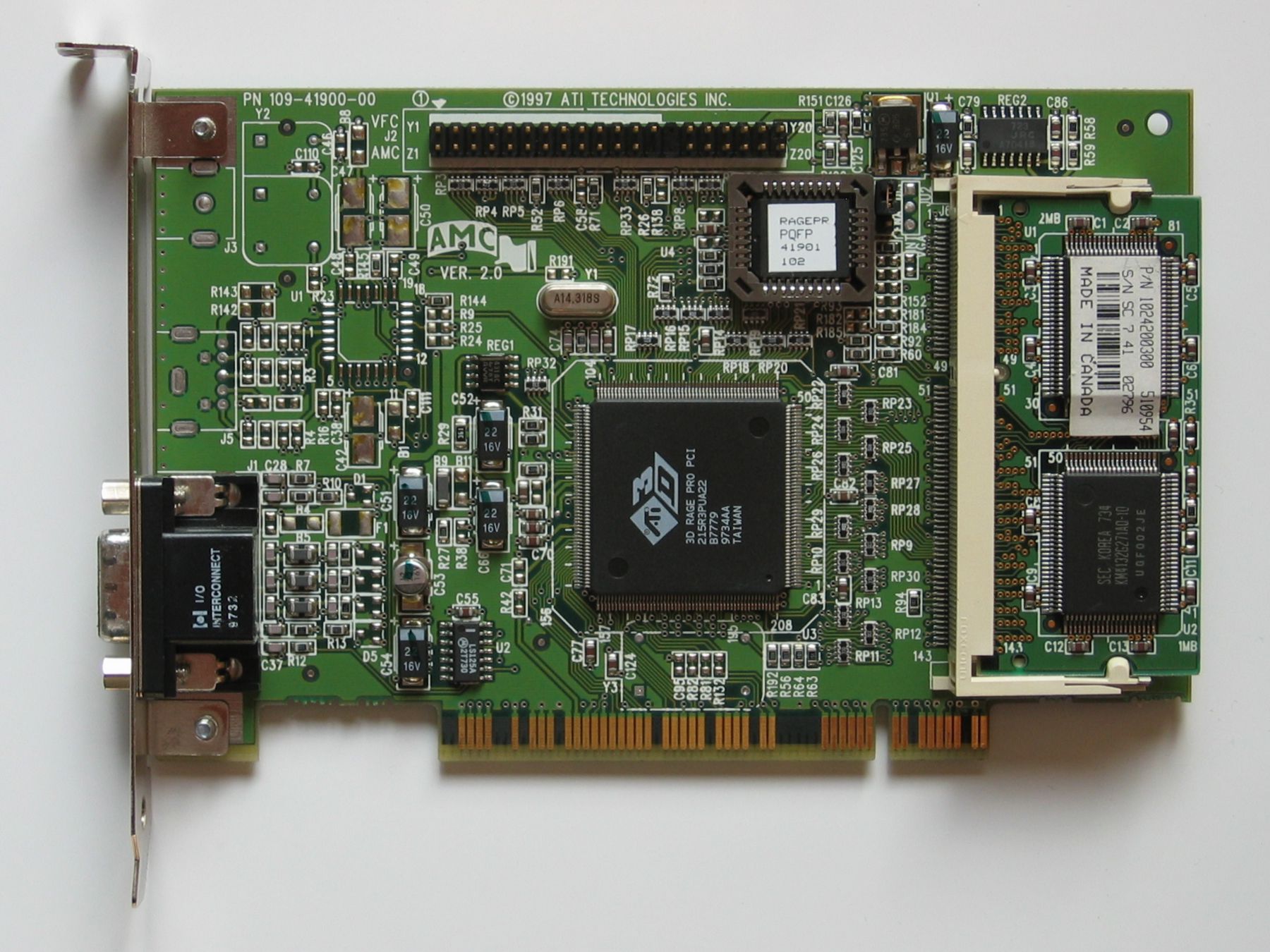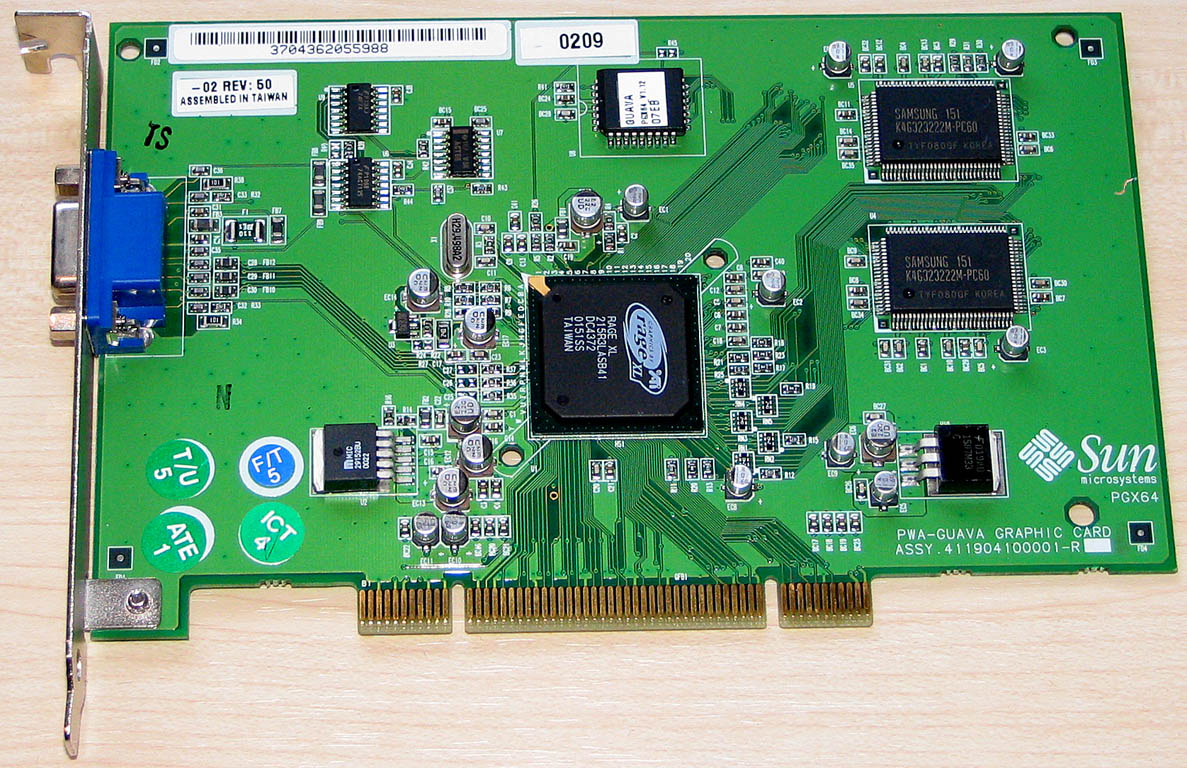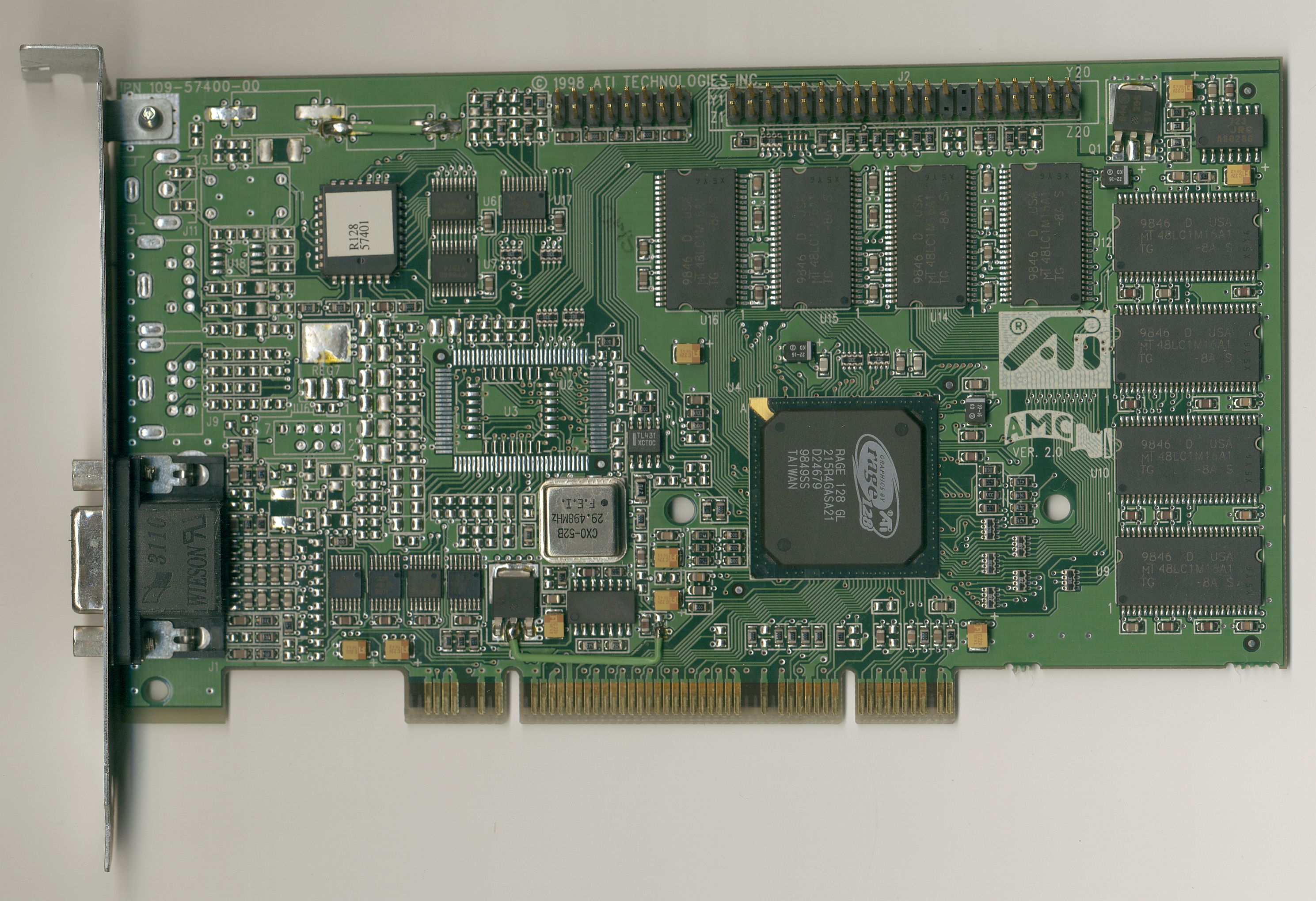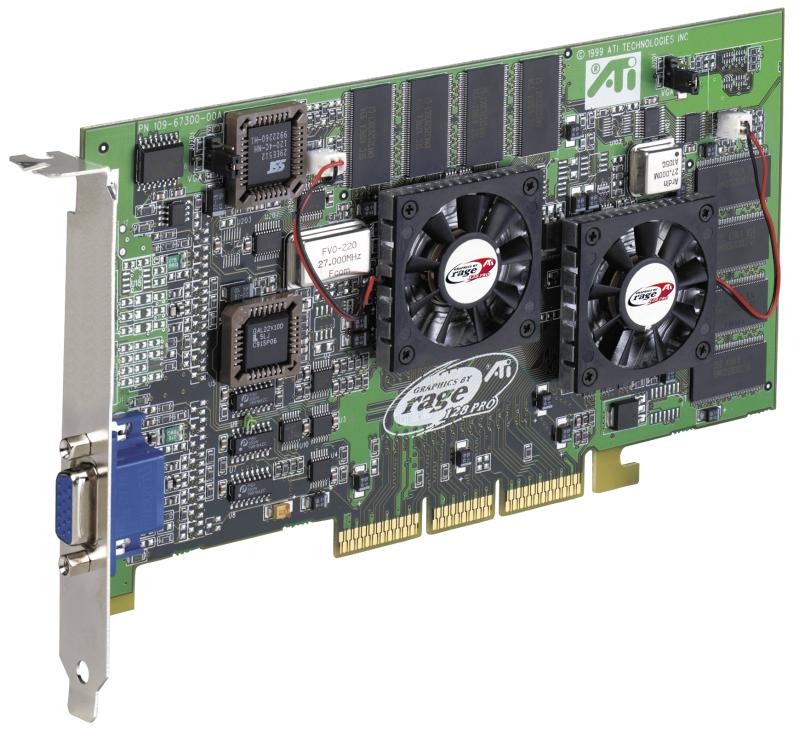25 Years Of Graphics History: A Farewell To ATI, In Pictures
ATI graphics were around for 25 years, 10 of them centering on the Radeon family. As the ATI brand fades away, we're left to remember the company's most noteworthy desktop cards, right after the 6970/6950 launch and just before the Radeon HD 6990 emerges.
1985: The Founding
We want to commemorate the 10 years anniversary of the Radeon series with this little excursion into the past. We also want to pay our respects to ATI, whose name, following the acquisition by AMD and the launch of the Radeon HD 6000-series, is finally being removed from the market. After a quarter-century of ups and downs, hailed by fans and mocked by opponents, the end of the ATI brand marks the end of a company that has decisively influenced the history of graphics cards.
We would like to look back, once again, and mark the passage of years with ATI’s most important products. Of course, we can hardly imagine all of the company's products, so we're focusing on the desktop boards.
Let's begin in 1987...
1987 • EGA Wonder
1987 • EGA Wonder
The first-ever ATI graphics card, exclusively outputting EGA graphics.
1988 • VGA Wonder
1988 • VGA Wonder
A year later, ATI launched this 16-bit ISA card, run in an 8-bit ISA slot. It had an analog and a digital video connector so that all different kinds of available PC monitors could be connected.
Get Tom's Hardware's best news and in-depth reviews, straight to your inbox.
1991 • Mach8 / Mach32
1991 • Mach8 / Mach32
ATI launched the Mach8 in the year 1991, which first was a co-processor, and then launched as an integrated processor in the shape of the Mach32. Thus, the year 1992 marks the year of the first 2D accelerator from ATI.
1994 • Mach 64 / Rage I
1994 • Mach 64 / Rage I
ATI launched the Mach64, its first 64-bit processor, in 1994. These cards already had features like color conversion, and were quite popular as powerful 2D accelerators. The card was later equipped with a 3D processor in the year 1995 and reappeared on the market as the Rage I.
1995 • New Name, New Logo
1995 • New Name, New Logo
The introduction of the Rage 3D chips was accompanied by a new logo on the boxes.
1996 • Rage II
1996 • Rage II
Great 2D performance (thanks to the old Mach64), but modest 3D performance was available on the Rage II. This card was widespread on the market, though often cursed because of driver issues.
1997 • Rage Pro
1997 • Rage Pro
ATI was able to somewhat catch up to the competition with its Rage Pro. The Rage IIc was almost as fast as Nvidia's Riva 128, making the relatively cheap card very popular.
1997 • Rage XL
1997 • Rage XL
The XL was nothing but a brutally-stripped Rage Pro aimed at the OEM market.
1998 • Rage 128
1998 • Rage 128
The lack of any kind of texture compression was not doing this card any favors. And then there were the driver issues, greatly infuriating users. This was the beginning of the end for ATI's Rage lineup.
1999 • Rage Fury Maxx
1999 • Rage Fury Maxx
This was the first dual-GPU card from ATI. Unfortunately, two chips on a PCB (along with two times the frame buffer) did not do much to hide the shortcomings of the design. Now a popular collector’s item, it was a bad investment for many enthusiasts at the time.

Igor Wallossek wrote a wide variety of hardware articles for Tom's Hardware, with a strong focus on technical analysis and in-depth reviews. His contributions have spanned a broad spectrum of PC components, including GPUs, CPUs, workstations, and PC builds. His insightful articles provide readers with detailed knowledge to make informed decisions in the ever-evolving tech landscape
-
tacoslave I guess it makes the whole fusion thing a little less confusing for those not in the know.Reply -
sideshowbob32 Ha brings back a few memory's i still have a ATI 9600 in my part stash, and my 4890s still perform grate in CF. But will miss having a ATI logoReply -
eklipz330 my list of ati cardsReply
7200 se
9600 pro
x800 xl
2x hd 2900xt
hd 4850
none of them failed
not a fanboy... just a fan of quality products
...i'll still mumble ati before reading radeon... -
NuclearShadow Farewell ATI while you've been owned by AMD for sometime now it was always nice to at-least see the name. I'm a lucky one that can remember those earliest products. Sleep well old friend.Reply -
agnickolov Interesting how ATI's probably biggest success against nVidia wasn't even mentioned - Radeon 9700 Pro. That card completely obliterated its GeForce FX 5800 competitor and was superior even to the GeForce FX 5900 successor! At least its 9800 Pro successor is there...Reply
